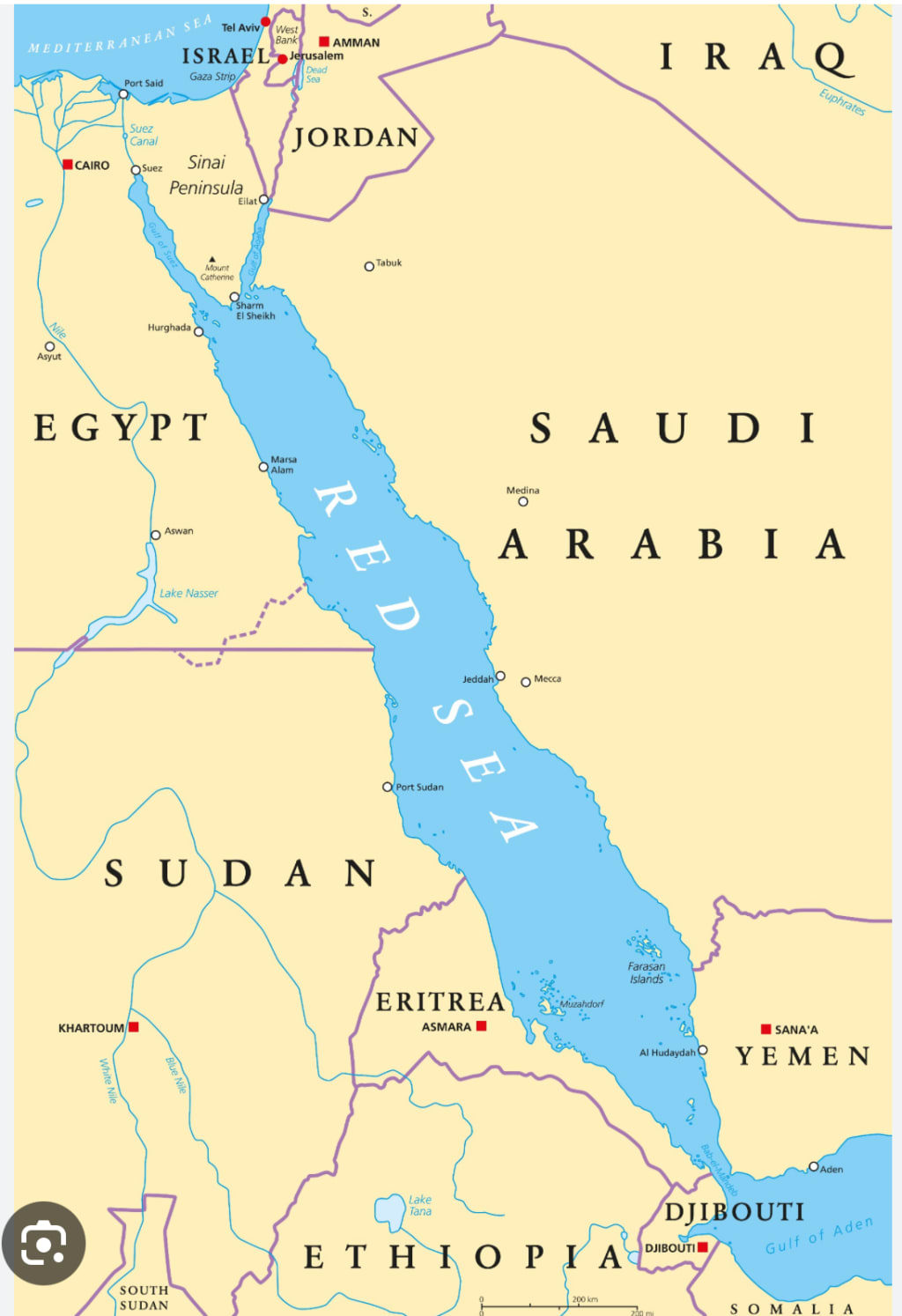The Fate That Awaits the Oppressor
Historical Context & Perspectives

In the name of Allah, the Compassionate and Merciful, we embark on this journey invoking peace and blessings upon revered messengers—our forefather Adam, universally recognized; Abraham, esteemed across diverse beliefs; Moses, a figure shared in belief; David and Solomon, held in universal esteem; Jesus and his mother Mary, acknowledged as the Messiah by our Christian brethren and debated by the Jews; and lastly, the blessed Prophet Muhammad, peace and blessings be upon them all.
Despite our geographical separation, modern technology's wonders bridge the gap, allowing us to connect with you wherever you may be on this vast planet. Today's exploration delves into a riveting subject—revealing the Quranic revelations concerning the destiny that awaits the state of Israel, its leaders, and supporters. Profound parallels emerge between historical narratives and the contemporary world.
In ancient epochs, Egypt witnessed the despotism of Pharaoh, an oppressor who enslaved the Israelites. His arrogance and cruelty were met with divine signs exposing his errors. In our present time, a comparable story unfolds—Israel's oppression of Gaza, a suffering enclave enduring decades of hardship. Condemned by the international community, Israel responds with arrogance, reminiscent of Pharaoh's downfall.
The Quran recounts the episode when Pharaoh, in relentless pursuit, faced the Red Sea. In a seemingly desperate moment, God directed Moses to strike the sea with his staff, parting the waters miraculously. Pharaoh's army, attempting to follow, succumbed as the waters closed over them. In his final moments, Pharaoh, humbled, professed belief in the God of Moses. The discovery of his preserved body in 1897, coinciding with the birth of the Zionist movement, stands as a divine sign.
Just as Pharaoh met his end amid oppression, so too may Israel's leaders unless they alter their course. When Israel moves to annihilate Gaza, echoing Pharaoh's attempt to eradicate the Israelites, divine intervention will manifest once more. The Prophet Muhammad, peace be upon him, prophesied this final oppression to be so severe that the living will envy the dead. Yet, those Israelis showing compassion still have the chance for course correction.
Turning to another historical example that underscores the triumph of justice—the event where oppressors in Mecca faced the consequences of their actions. Led by the Quraysh tribe, these oppressive forces resisted Prophet Muhammad's message, subjecting him and his followers to persecution, economic sanctions, and social isolation. Mecca stood as a stronghold of opposition against the emerging Muslim community.
In the face of relentless adversity, Prophet Muhammad, with a determined and disciplined army, approached Mecca in the year 630 CE. Rather than seeking vengeance, he aimed to bring about a transformative moment of reconciliation and forgiveness. Recognizing the shifting dynamics and the strength of the Muslim army, the oppressive leaders of Mecca chose not to engage in futile resistance. Instead, they surrendered, opening the gates of Mecca to the forces of Prophet Muhammad.
This pivotal event showcased the Prophet's commitment to justice tempered with mercy. Upon entering the city, Prophet Muhammad proclaimed a general amnesty, pardoning many of those who had actively opposed him and his followers. This act of clemency and magnanimity demonstrated the transformative power of forgiveness, transcending the cycle of revenge and vindictiveness.
Furthermore, the cleansing of the Kaaba from idols symbolized the restoration of the sacred space to its original monotheistic purpose. The eradication of idol worship and the reinstatement of the Kaaba as a center for the worship of the one true God marked a profound moment in the history of Islam.
The conquest of Mecca stands as a testament to the triumph of justice over oppression, where the eradication of oppressors was not only a military victory but also a triumph of principles such as mercy, forgiveness, and the pursuit of a more inclusive and just society. This historical event played a crucial role in unifying the Arabian Peninsula under the banner of Islam and fostering a lasting legacy of tolerance and forgiveness within the Islamic tradition.
The teachings of the Prophet illuminate the return of the true Messiah, Jesus, destined to triumph over the Antichrist and the Israeli army. With divine guidance, the oppressed will prevail over the oppressor in the culmination of events—a destiny foretold by the Quran. This prophetic narrative urges reflection on the parallels between past and present, encouraging a path of compassion and justice for a harmonious future.
About the Creator
Enjoyed the story? Support the Creator.
Subscribe for free to receive all their stories in your feed.





Comments
There are no comments for this story
Be the first to respond and start the conversation.